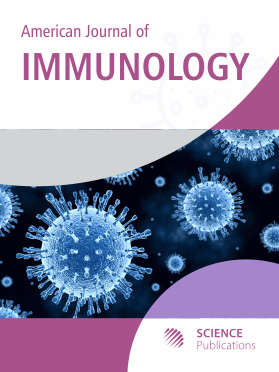An Immunological Argument for One Health
- 1 Department of Clinical Sciences, Colorado State University, Fort Collins, CO 80523-1052, United States
- 2 Department of Epidemiology Section, Colorado School of Public Health, Fort Collins, CO 80523-1052, United States
- 3 Graduate Degree Program in Ecology, Colorado State University, Fort Collins, CO 80523-1052, United States
- 4 Department of Biomaterials and Healthcare, Division of Life Science and Bioprocesses, Fraunhofer-Institute for Applied Polymer Research (IAP), 14476 Potsdam-Golm, Germany
Editorial
Human exposure to heavy metals is associated with higher rates of immunological deficiencies, autoimmunity, and cancer. Chronic exposure to lead contributes to abnormalities in immunomodulation while cadmium is linked to breast, prostate, and lung cancers. Prenatal exposure to these metals impacts both the development and function of immune cells. The concept of one health underscores the importance of the interface between human, animal, and environmental health. Herein, we highlight heavy metal exposure via honey consumption as an example of the critical intersection of these factors as they relate to immunological impacts and downstream pathologies.
DOI: https://doi.org/10.3844/ajisp.2022.5.8

- 7,822 Views
- 3,255 Downloads
- 0 Citations
Download
Keywords
- Heavy Metals
- Lead
- Cadmium
- Autoimmunity
- Tumorigenesis
